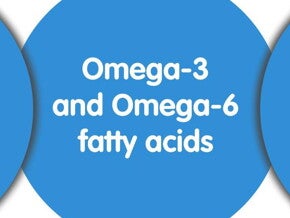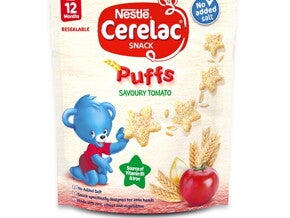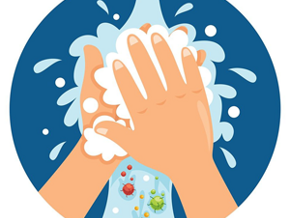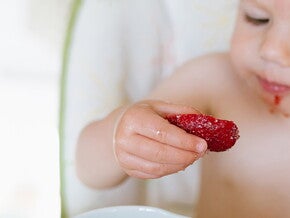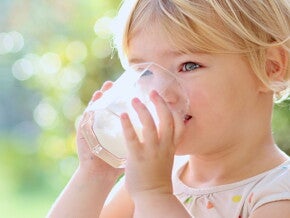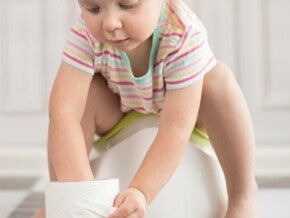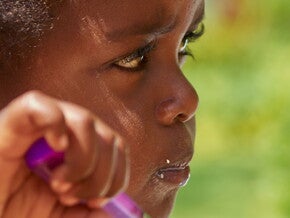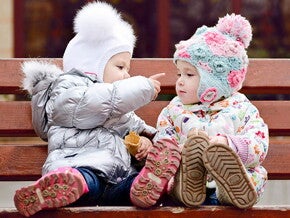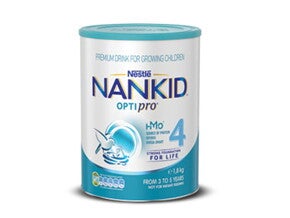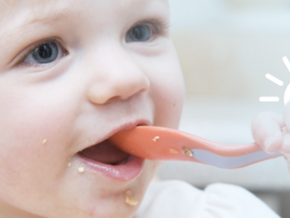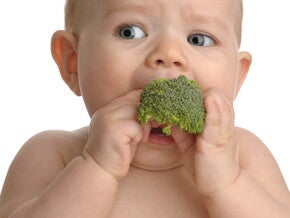
The parents and child care providers will hear the word “no” many times during this stage.
Children grow differently
In the first year of life, your baby will grow faster than at any other time in his life. By the end of the first year, he should have trebled his birth weight, increased 22-24 cm in length and increased to approximately a 55 cm head circumference to accommodate his growing brain.
Monitoring your baby’s growth is very important. It is a simple yet accurate measure to see if your baby is getting the right foods for his growth and development. Generally, weight and length should be in proportion to each other. If your baby is not getting enough of the correct foods, his weight will usually be affected first. Always consult your healthcare professional if you are uncertain.
Growth depends on many factors
- Family - parents’ size and shape, cultural background.
- Age - children grow fastest as babies and teenagers.
- General health - medical conditions, illnesses, medications.
- Gender - boys and girls have different growth patterns.
- Eating habits - what and how much your child eats.
- Activity level - how active your child is, and for how long.
Not very humble beginnings…
Now that your little one is well on her way to eating solid foods, the challenge is making sure she will make the big transition from infancy to childhood. During this phase it is important to provide her with a strong nutrition foundation for later years. There is growing evidence that feeding in early infancy determines health outcomes later in life.
Toddlers are curious and want to make their own choices and parents should help toddlers to safely explore ‘family foods’ and develop healthy eating habits.
By the time your little one is nine months, she should be receiving three small meals a day, as well as about 600 ml of a milk feed each day, in addition to water. As the “Big 1” approaches, and the toddler stage begins, quantity and variety increases.
In asserting their independence, toddlers may decide what foods they “will” and “will not” eat. Frequently these food likes and dislikes change daily or weekly.
Regardless of this, parents and child care providers can help children form sound eating habits by offering nutritious food choices and modelling good eating habits.
Use some TACT
Taste, Aroma, Colour and Texture are critical when feeding your toddler. We are always stimulating them with interesting toys and music. Another way to stimulate them is through food…one of the most important components of a toddler’s life. So make it fun and interesting!
Small tummies fill up fast. Make every spoonful count!
Babies’ nutritional needs are particularly high during this period, so they require a nutrient-rich diet. One-year-olds need up to five times more of some nutrients than adults but have stomachs that are three times smaller. Babies need foods that deliver high nutritional density in small volumes.
